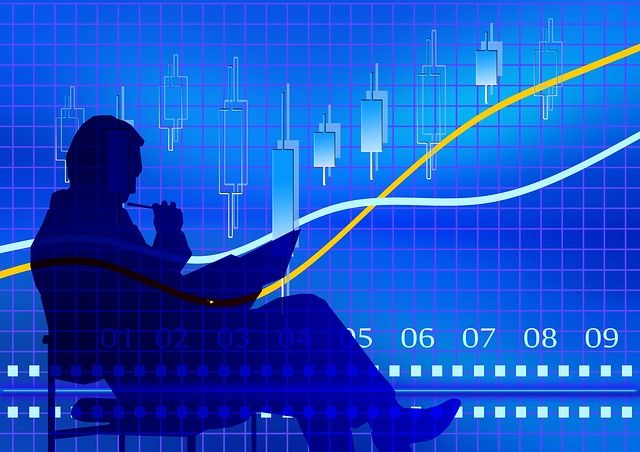Global emerging markets (Gem) equity funds shed €7.7bn year-to-date and €1.6bn in July, according to Morningstar data.
Q2 data from Last Word Research confirmed that European investor sentiment towards global emerging market equities saw the largest quarterly drop. The graphs below measure the buying intention of Gem equities by European investors over the next year (see graphs below).

![]()

Expert Investor talked to emerging market experts on what has driven the outflows and shift in sentiment.
Global emerging market equities
Alistair Way, head of global emerging market equities at Aviva Investors, said:
“Uncertainty, of which we have had a lot in the last six months, drives allocations away from perceived higher risk asset allocations, hence the typical reaction of selling emerging market equities with a preference for cash, gold, and local equities. On top of this, there has been an array of emerging market-specific concerns – tense geopolitical relationships between China and US/Europe plus the potential impact of Covid-19 on developing markets with less formal employment, less rigorous healthcare systems, lower capital reserves and less ability to put through counter-cyclical stimulus. With these factors in mind, we have our answer as to why global emerging market equity has become unpopular.
“That being said, emerging market equities have recovered in line with their developed market counterparts in recent months. Given North Asian countries’ response to Covid-19 so far and their ability to maintain higher levels of growth without considerable long-term damage to national balance sheets, it feels that we are setting the scene for longer term outperformance.
“Global liquidity, potential for a vaccine and the fact that global emerging market is now a very contrarian bet, could unleash strong performance in the medium term. Geo-political noise has the potential to disrupt this given the approaching US elections, but is unlikely to materially change the 2021 and longer-term outlook for the key global emerging markets. There is admittedly a long tail of emerging market countries which are unlikely to come out of Covid-19 with such a positive outlook, however they are fast diminishing in their relevance to the global emerging market equity index and asset class.”
Wing Chan, director of manager research practice for Emea and Asia at Morningstar, said:
“Global emerging market is not a homogeneous market, and what we have seen is that investors are making a clear differentiation between economies and markets that managed to contain the pandemic and are recovering well, such as China, and other markets such as Brazil, India etc where infection rates are still rising and therefore the outlook for economic recovery is far more uncertain. This explains the outflows from global emerging market strategies (and inflows into China strategies).
“What’s more, asset class preferences are often a relative call and when you take into consideration the market dislocation in March (which affected investors’ risk appetite) and central bank buying of corporate credits (the Federal Reserve made this announcement on 23 March, which preluded the start of the second quarter), it is not difficult to see why investors are expressing a preference on credit, which is less risky and receives central bank support, over global emerging market equities which come with a far more uncertain outlook.”







